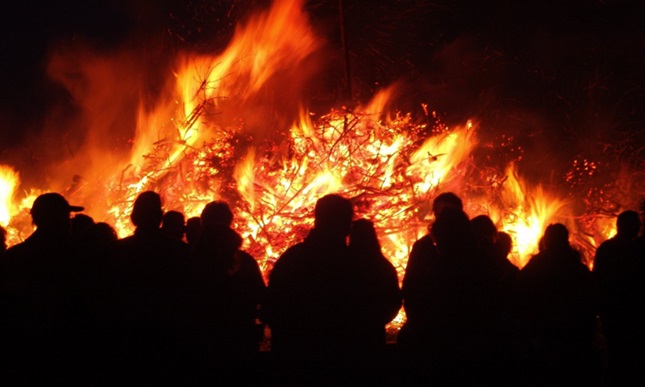Wildfires can destroy homes, health, and livelihoods in a matter of minutes. If you’ve been injured or suffered property loss because of one, you may be left feeling overwhelmed, unsure of where to begin picking up the pieces.
This guide outlines the immediate and long-term actions you can take to protect your rights, recover losses, and begin rebuilding your life after a wildfire.
8 Steps You Can Take After a Wildfire
-
Ensure Your Immediate Safety and Medical Care
Your first priority after a wildfire should be your health and safety. Seek medical attention even if injuries seem minor—burns, smoke inhalation, or stress-related symptoms can worsen over time. Keep copies of all medical records and expenses, as they may later support any injury claims.
If your property has been destroyed or damaged, do not re-enter unsafe areas until authorities declare them secure. Local fire departments or emergency management agencies usually provide guidance on when it’s safe to return.
-
Document Property Damage Thoroughly
Take detailed photographs or videos of any property damage as soon as it’s safe to do so. This includes:
- Structural damage to homes and buildings
- Destroyed or damaged personal belongings
- Burned vehicles or outdoor equipment
- Scorched landscaping or fencing
Include timestamps when possible and keep a written inventory of lost or damaged items. These records are vital for insurance claims and legal proceedings.
-
File an Insurance Claim Promptly
Contact your homeowners or renters’ insurance provider immediately to report your losses. Provide them with:
- A list of damaged or lost items
- Photos or videos of the damage
- Receipts for expenses related to temporary housing or emergency repairs
- Copies of any medical bills
Keep a record of every conversation with your insurer, including names, dates, and summaries. Under California Insurance Code § 2060, for example, insurers must begin investigating a claim within 15 days of notification and act in good faith.
-
Keep Track of All Out-of-Pocket Expenses
In the weeks following a wildfire, you may incur significant expenses for temporary lodging, meals, clothing, transportation, or healthcare. Save receipts for:
- Hotel stays
- Rental cars
- Prescriptions or medical supplies
- Cleanup or security services
These costs may be reimbursable through insurance or a civil lawsuit, especially if a utility company or other entity is found liable.
-
Check for Disaster Relief Assistance
State and federal resources are often made available to wildfire victims. The Federal Emergency Management Agency (FEMA) may provide aid for housing, medical costs, and debris removal if the wildfire has been declared a federal disaster.
In California, the Office of Emergency Services (Cal OES) coordinates local assistance centers where you can access support services and apply for state-funded relief programs.
-
Consult a Wildfire Attorney
Wildfire litigation can be complex, especially if the fire was caused by a utility company, contractor, or landowner. Experienced wildfire attorneys can help determine whether you have a case and advise you on potential compensation beyond what insurance covers.
Legal claims may include:
- Negligence (e.g., failing to maintain equipment or clear vegetation)
- Inverse condemnation (particularly in California, where utilities can be held liable without proof of negligence under Article I, Section 19 of the California Constitution)
- Wrongful death or personal injury
- Loss of use or enjoyment of property
Statutes of limitations apply, so timely action is essential. For instance, personal injury and property damage claims in California generally must be filed within two years under California Code of Civil Procedure § 335.1.
-
Avoid Quick Settlement Offers
After a wildfire, insurance companies or responsible parties may offer fast settlements to close claims quickly. While tempting, early offers may not reflect the full scope of your damages or future expenses.
Before accepting any settlement, have an attorney review the terms to ensure you’re not waiving critical rights or agreeing to inadequate compensation.
-
Join or Monitor Class Actions If Applicable
In major wildfires caused by utility companies—such as those involving PG&E—class action lawsuits or mass tort claims are often filed. Joining a class action may allow you to seek compensation without the burden of pursuing a case alone.
Monitor local legal announcements or speak to an attorney about whether your situation qualifies.
Moving Forward After a Wildfire
Recovering from a wildfire is never easy, but knowing the steps to take can help you regain control during a chaotic time. From seeking immediate medical care to documenting your losses and exploring legal options, each action plays a role in protecting your health, rights, and future.
Whether your losses stem from nature or negligence, you don’t have to face the aftermath alone. By understanding your options and acting promptly, you give yourself the best chance to recover both emotionally and financially and to hold responsible parties accountable when needed.




